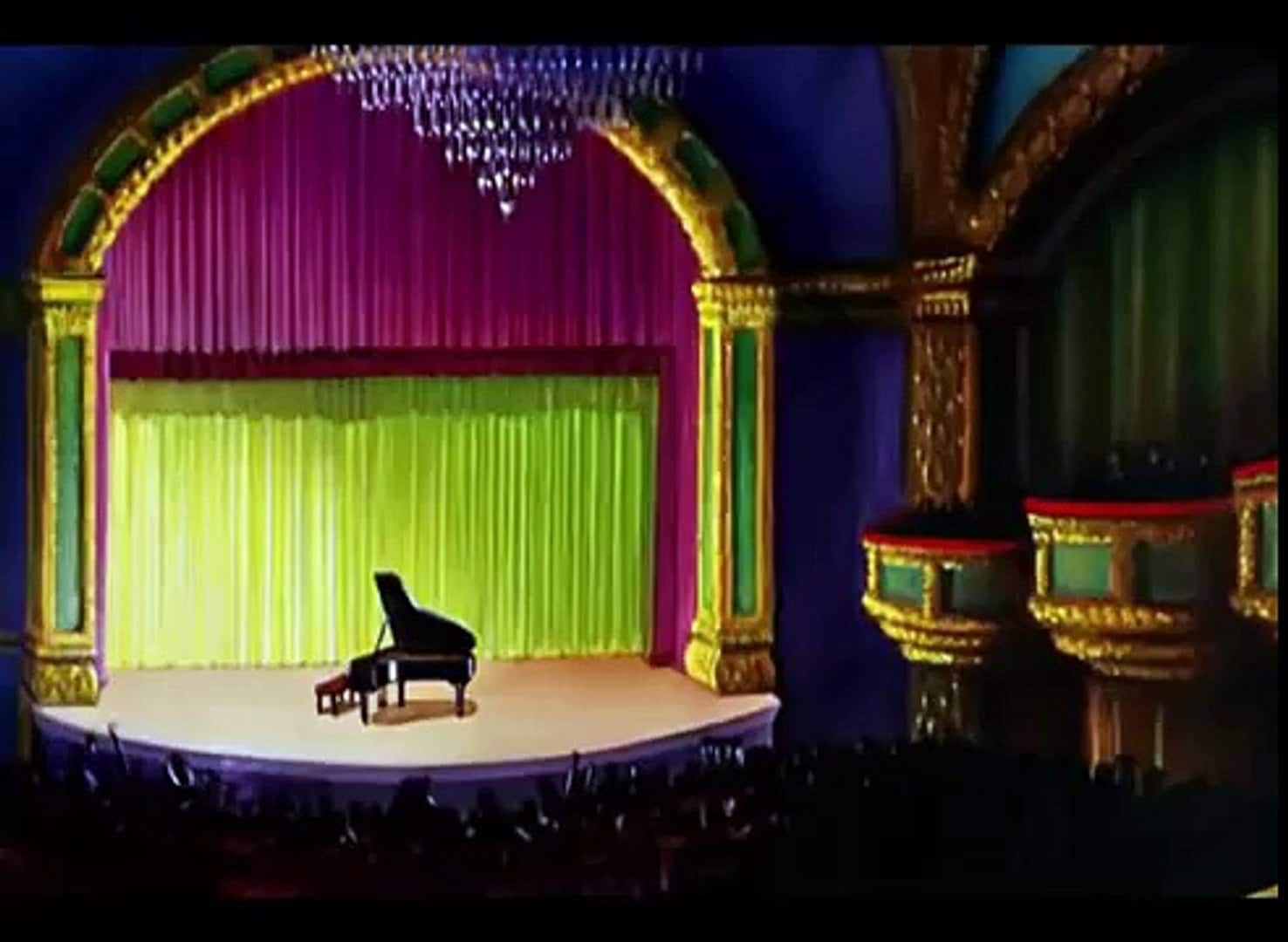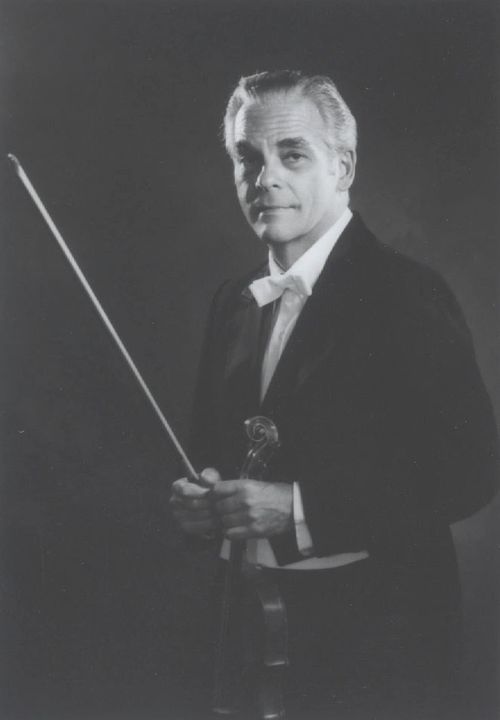Dear Alma, I am suffering from soloist anxiety. Is it curable?
OrchestrasA tough one for our agony aunt:
Dear Alma,
I am a long-time member of a symphony orchestra. In my early years, I had my fair share of solo opportunities, including a moderate string of concerto appearances with small orchestras. I have recently been asked to appear with one of the same orchestras as part of an anniversary celebration, asking former soloists to return this season. I have been working on my concerto, but the problem is this. I feel emotionally frozen. Broken, stiff and paranoid. When I video record myself with my rehearsal pianist, I can’t stand the way I look or sound. It’s embarrassing, to the point that I want to cancel the appearance, which is 8 weeks away. I used to love to play alone, but now it feels like I am a complete fraud.
Should I cancel? I would embarrass myself either way.
Stuck
Dear Stuck,
We have all felt the way you do. Believe me. I can’t tell you the number of times I almost lost my cookies, waiting backstage for my call, or almost called or emailed the presenter, ready with my made-up injury or family emergency. Once, I was in the dressing room, next for a huge audition. It was like my entire bottom part of my body had been emptied and filled with sand. I couldn’t actually even pick up my feet and I was about to throw up right in the conductors dressing room. I called my husband, freaking out. You know what he said? “Well, just don’t do it! Come back home and we will go out for a nice cappuccino and a piece of cake and have a wonderful afternoon.” That did it. My feet became unstuck, and I went out there and played. I screwed it up on the second note, a hideous, pathetic squeak emanating instead of my planned ethereal and soul-piercing a-natural harmonic. But then, I continued. Because of all of those weeks of 8-hour practice days. Because I had gotten this far, and I respected the people who were listening. Because I knew I would want to sit across the table that night, a glass of wine in my hand, and tell my husband about every single second. Because I deserved to be there, and the journey is enough. It’s more than enough.
I am not the player I used to be when I was 4. When I was 13 or 17 or 26. And no one expects me to be. Some of my favorite moments in my life are times when I listened to my teachers, well past their playing prime, playing a recital or concerto. Their wobbly vibrato, suspicious intonation. But their souls. Their experience and their tenderness. Their bravery and belief that they had something special to share. These are the moments that I remember most of all.
And these are the memories you will give to your audience. Stuck – continue to challenge yourself. Improve every day until you have your first rehearsal, and record it and then fix it. And put on your tuxedo and play. We will be listening. We will remember that performance and it will inspire us when we get that call to return to the stage, after we are rusty and out of practice. You don’t have to be anything you aren’t. You are perfect just the way you are.
Questions for Alma? Please put them in the comments section or send to DearAlmaQuery@gmail.com






I know of a famous soprano who had to be pushed on stage when she did recitals. At the last moment she simply refused to go through the stage door and the ushers were instructed beforehand to help her a hand. As soon on stage, she lost her fear and did very well. Afterwards she would thank the ushers….
I know of a soprano who leaned against a Steinway and left a large dent in its side. Victor Borge told me about it. She was 4’2″. Lying down.
Scary
I do have that as well every time I’ve to pick-up the phone
Sally
You can do it, Sally!
You, too, are a special star, and it’s delightful to see you again!
Hi Sally!
Nothing can substitute for regular practice and a schedule of increasingly pressured try-outs, first for your dog, then for your spouse, then for your friends at home, then for your neighbors at their homes, etc. Nobody feels like a hero before walking onto the stage.
Yes, I’ve often wondered about that pre-performance nervousness, particularly for competition entrants.
I remember that famous scene in “The Red Shoes” just before the performance starts when Vicki tells Mr. Lermentov she can’t remember her steps:
“If I had any doubts about you at all I’d be nervous; AM I nervous?”
Absolutely. And exponentially more difficult as time goes on….
It’s very hard to get back to carefree after a number of years in an orchestra, university position or chamber group…
There are many causes/reasons for this. Some of them are rational, some completely irrational.
As has been said in the comments, preparation is key. The more prepared you are/feel, the less likely you are to be impacted by stage fright. Your unconscious will always manifest itself on stage. If you feel truly ready deep down, you may not experience the kind of stage fright that can be self-destructive.
But there is also a level of stage fright that is independent from preparation. Part of it is human nature — we are always nervous about what other people think — and part of it has to do with unresolved issues such as low self-esteem, other people’s judgment, and even fear of success. From a very early age, musicians are trained to become intensely self-critical. Once on stage, this may translate as “will it be good enough? will it withstand the scrutiny of others?” Once you can actually detach from what other people think, and play your best (which is all you can do, really — be wary about the urge to “outdo” yourself, which can become counter-productive), the fear may dissipate. It’s only playing a piece on stage — no one’s life is here at stake. Once you understand that many people don’t actually know what they’re talking about, but are nevertheless keen to find some sort of criticism (and trust me, there is no shortage of those), the fear may also lessen. I suggest a mental attitude of “this is what I have to offer, take it or leave it” as opposed to “is this good enough?”. Try to genuinely detach yourself from what people think. It’s for the most part worthless, as counter-intuitive it might sound. There are countless experts out there in the professional music world who find great narcissistic satisfaction in tearing apart other people’s playing.
Finally, consider the possibility that you might be unconsciously undermining yourself out of fear of actually sounding great and being successful. When this happens, stage fright is not stage fright, but actually fear of your own possible success, which can strangely be debilitating for many. If so, face and accept the possibility of your own success.
It can also be a good idea to talk about these issues with a psychotherapist in order to confront them. Confront your fears, do not avoid them. By confronting them, they will go away.